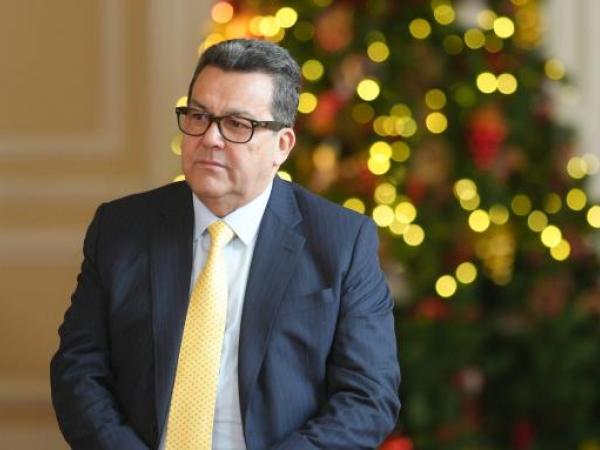In the last few hours Jaime Dussán was appointed the new president of Colpensionesthe state pension administrator in Colombia, after resigning from the general secretariat of the Polo Democrático.
(Read: The changes that are listed in the Soat, in addition to the discount for motorcycles).
Dussán, 77, was born in La Plata, Huila. He got training as a teacher at the Surcolombiana University in 1970, and dedicated a large part of his life to being a teacher. Likewise, he is a lawyer and has a master’s degree in Public Relations and Cabinets from the University of Barcelona.
Throughout his life was part of the Colombian Federation of Education Workers (Fecode), one of the largest trade union organizations in the country. Later, in 1978, he was Secretary General of this institution and in 1990 he was elected president of FECODE, a position he held for four years.
During this period led the approval of the General Education Law -Law 115 of 1994- and the transfer of resources for education and health to territorial entities, which was Law 60 of 1993.
(Also: Francia Márquez, chosen one of the 25 most influential women in 2022).
Being one of the co-founders of the Polo Democrático party, together with Antonio Navarro Wolf, Francisco Rojas Birry and Javier Cáceres, he was the president of this leftist movement of which the current president Gustavo Petro was part.
Being part of the Pole, he spent several years in Congress: from 1998 to 2010, the year in which he ceased to be president of this party. He led bills on education, equality and improving the conditions of people in Huila, where he is from.
He was investigated for alleged links with illegal armed groups, but was acquitted by the Supreme Court of Justice after not finding any “merits to investigate the congressman, for his alleged links with the Farc.”
(See: Government requested the change of management in the Federation of Coffee Growers).
“I will assume with humility and commitment such a laudable task”said Dussán upon taking office. “It is a forced savings system, do not call it a pension, through which financial institutions earn commissions for managing resources that do not belong to them,” Gustavo Petro mentioned in the possession.
BRIEFCASE
















